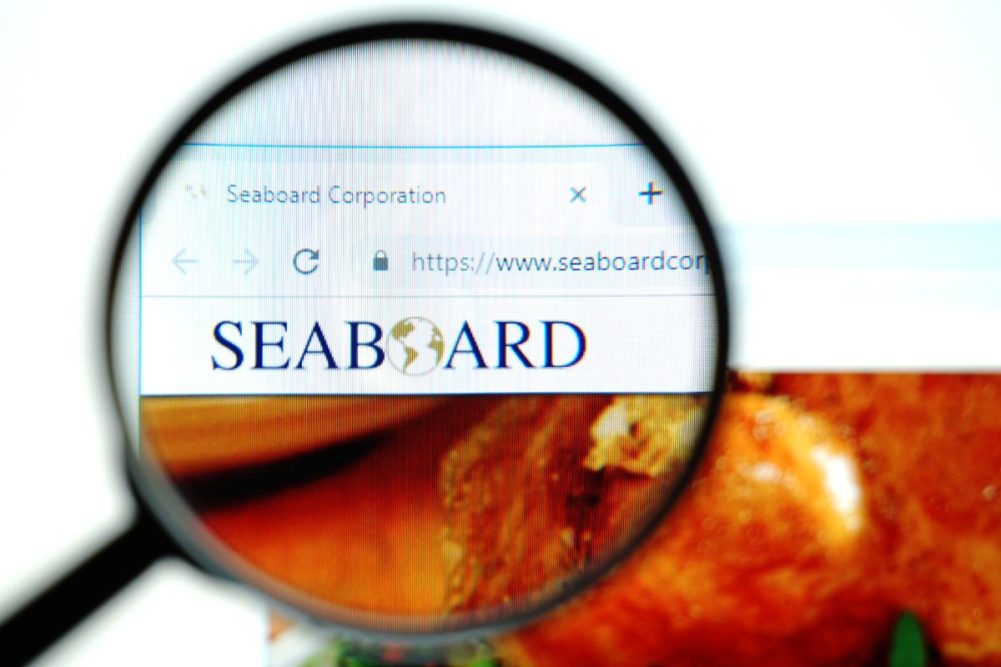MERRIAM, KANSAS, US — Seaboard Corp. posted operating income of $145 million in its Commodity Trading and Milling (CT&M) segment during the fiscal year ended Dec. 31, 2023, down 4% from $151 million in fiscal 2022 and compared with $61 million in fiscal 2021.
Seaboard said higher margins year-over-year due to lower commodity costs were offset by a $10 million adjustment to the contingent consideration liability.
“Due to worldwide commodity price fluctuations, the uncertain political and economic conditions in the countries in which this segment operates and the volatility in the commodity markets, management is unable to predict sales and operating results for this segment for future periods,” Seaboard noted in a Feb. 13 filing with the US Securities and Exchange Commission. “However, management anticipates positive operating income for this segment in 2024, excluding the effects of mark-to-market adjustments.”
Had Seaboard not applied mark-to-market accounting to its derivative instruments, operating income in the segment would have been $139 million.
Net sales for the segment during fiscal 2023 totaled $5.14 billion, down 19% from $6.29 billion in fiscal 2022. The decrease primarily reflected lower average sales prices, which lowered sales $619 million and lower volumes as a result of increased competition and market dynamics, which decreased sales $532 million, Seaboard said.
Seaboard’s CT&M segment operates milling facilities at 12 locations in nine countries and has 11 trading offices in 10 countries. The milling facilities located in Ecuador, Ghana, Guyana, Mozambique, Peru, Republic of Congo and Zambia own the land and plants. There are additional milling facilities located in Ivory Coast, Republic of Congo, Senegal and Zambia where the land is leased under long-term agreements. These facilities produce approximately 2 million tonnes of wheat flour, maize meal, manufactured feed and oilseed crush commodities per year in addition to other related grain-based products, Seaboard noted in the SEC filing.
“Certain foreign milling operations may operate at less than full capacity due to low demand, poor consumer purchasing power, excess milling capacity in their competitive environment or imported flour,” Seaboard said.
Seaboard’s CT&M segment also owns three 18,900-tonne deadweight dry bulk vessels and charters between 40 and 52 bulk vessels with deadweights of up to 65,000 tonnes under short-term agreements.
In the SEC filing, Seaboard said it invested $506 million in property, plant and equipment in fiscal 2023, of which $361 million was in the Pork segment and $121 million in the Marine segment. For 2024, Seaboard said management has budgeted capital expenditures totaling approximately $555 million, mostly in the Pork and Marine segments.
Overall, Seaboard in fiscal 2023 posted net earnings of $226 million, equal to $202.21 per share on the common stock, down sharply from $580 million, or $499.66 per share, in fiscal 2022. Net sales were $9.56 billion in fiscal 2023, down 15% from $11.24 billion in fiscal 2022.





